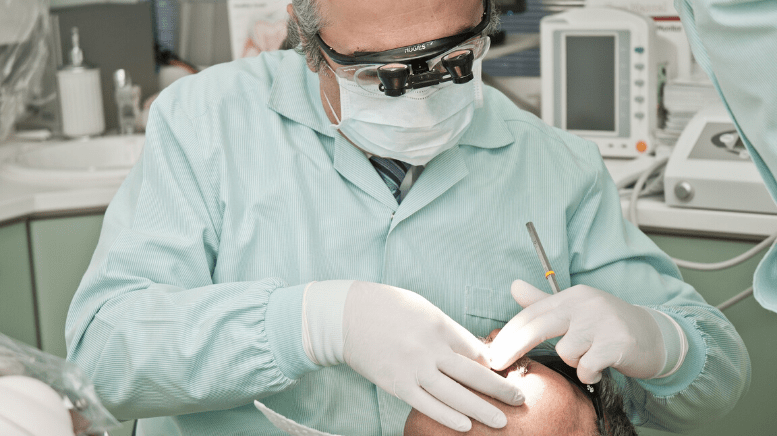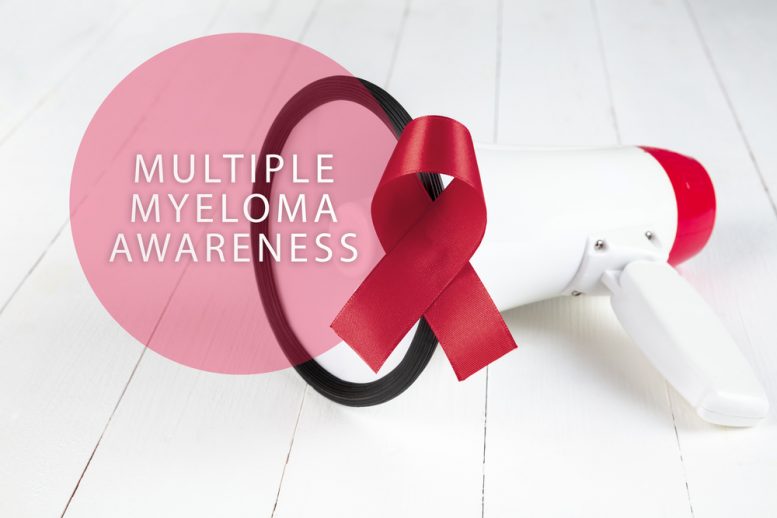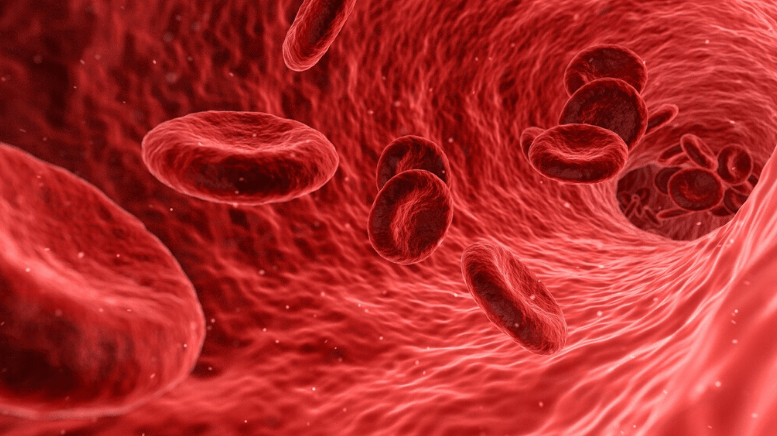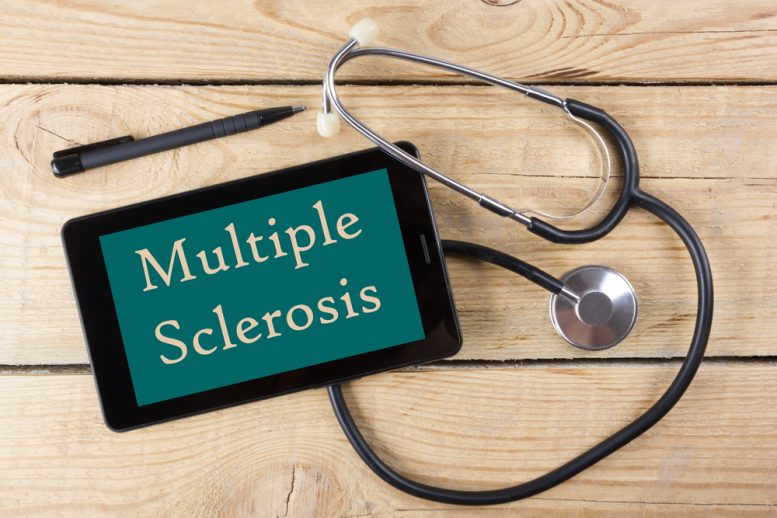Psoriasis is a chronic skin condition for which there is no cure. Psoriasis causes the skin to build on the surface, causing extreme discomfort for those with the disease. Luckily, however, there are several ways to treat psoriasis symptoms.
In this article, we are going to look at the top three treatments for psoriasis. These treatments include phototherapy, topical treatments and medications, and injected or oral medications. Of course, keep in mind that the treatment you select must be one that best suits the severity of your psoriasis.
1. Phototherapy (Natural or Artifical Light)
In treating psoriasis, research has concluded that natural or artificial light is adequate, either alone or in conjunction with other treatments for the skin condition. Phototherapy is not as effective in terms of relieving acute flare-ups, but it does help in keeping the skin healthy and stopping further flares from occurring. Light therapy treatment includes the following: UVB phototherapy, exposure to natural sunlight, Narrow-band UVB phototherapy, and excimer laser therapy.
If you have sensitive skin in addition to psoriasis, phototherapy is the recommended treatment option as it is less damaging.
2. Topical Treatments
Topical treatments can also be used to treat psoriasis. Treatments include vitamin D analogues, topical corticosteroids or retinoids, and salicylic acid and moisturizers. These treatments are helpful in terms of slowing cell turnover, decreasing inflammation and scaling, and making the skin smoother.
3. Oral or Injected Medications
If you have severe psoriasis that is resistant to other therapies, many suggest using oral or injected medications. Common oral or injected medications include cyclosporine, retinoids, methotrexate, and biologic drugs, which are drugs that alter the immune system.
Note, however, that these medications can cause harsh side effects, so they are often used for shorter periods.
Takeaway
Treatment is not a guarantee, as psoriasis symptoms may still occur. Keep that in mind, and watch out for patches of dry, cracked skin, as well as stiff or swollen joints. If you experience these symptoms, consult with your doctor about switching treatment routes. Consider those mentioned in this article as a starting point.
Featured image: PixaBay









